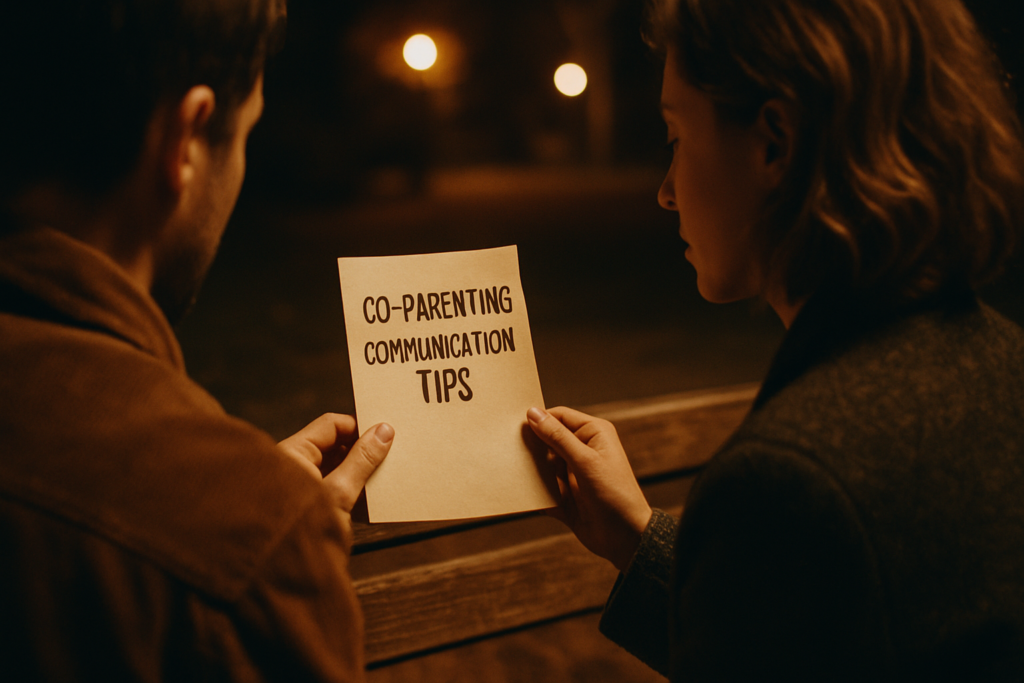Navigating the emotional landscape of parenting post-divorce can be a challenging journey for both children and parents. As a parent myself, I understand the importance of supporting your child’s emotional well-being during this transitional period.
In this article, I’ll share valuable insights and practical tips on how to create a nurturing environment that fosters your child’s emotional resilience and stability after a divorce. From open communication strategies to establishing new routines, I’ll guide you through effective ways to help your child cope and thrive.
Join me as we explore the sensitive yet crucial aspects of parenting after divorce, and discover how you can play a pivotal role in promoting your child’s emotional health and well-being during this time of change.
Understanding the Impact of Divorce on Children
When considering the impact of divorce on children, it’s crucial to acknowledge the significant emotional toll it can take on them. Divorce can lead to feelings of confusion, sadness, and even guilt in children as they navigate the changes in their family dynamic.
As a parent, recognizing these emotions and understanding their origins is key to providing the necessary support for your child. Children may exhibit various behavioral changes in response to divorce, such as withdrawal, aggression, or regression in development.
These behaviors are often their way of expressing distress and seeking attention amidst the upheaval in their lives. By being attuned to these signs, I can offer comfort, stability, and reassurance to help them navigate through this challenging period.
It’s essential to note that every child reacts differently to divorce based on their age, personality, and the circumstances surrounding the separation. Some may vocalize their feelings, while others may internalize them.
As a parent, it’s my responsibility to create an open and safe space for my child to communicate their emotions freely and without judgment. In understanding the impact of divorce on children, I recognize the importance of remaining empathetic, patient, and consistent in my approach to supporting their emotional well-being.
Importance of Supporting Your Child’s Emotional Well-Being
Ensuring your child’s emotional well-being post-divorce is crucial for their overall adjustment and resilience. Here are key strategies to provide the necessary support:
Creating Stability and Routine
Establishing consistent routines and a stable environment post-divorce can help reassure your child and provide a sense of predictability in their daily lives. By maintaining regular schedules for meals, homework, and bedtime, you can offer a comforting structure that promotes emotional stability.
Open Communication Channels
Encouraging open and honest communication with your child is essential in understanding their emotions and concerns during this challenging time. Create a safe space where your child feels comfortable expressing their feelings without fear of judgment.
Listen actively and attentively, validating their emotions and offering reassurance.
Providing Emotional Support
Offering emotional support is vital for helping your child navigate the complex emotions that may arise post-divorce. Be empathetic and understanding towards their feelings, acknowledging their struggles and providing comfort when needed. Validate their experiences and reassure them that it is normal to feel a range of emotions during this transition.
These proactive steps can significantly contribute to your child’s emotional well-being and resilience as they adjust to the changes brought about by divorce.
Co-Parenting Strategies for a Smooth Transition
In discussing effective co-parenting strategies to facilitate a smooth transition post-divorce, it’s essential to prioritize the well-being of the child. Here are practical tips to navigate this phase and support your child’s emotional health:
- Consistent Communication: Maintain open and respectful communication with your co-parent to ensure consistency in parenting approaches and decisions.
- Unified Front: Present a united front to your child, even if you and your ex-spouse have differences, to provide a sense of stability and security.
- Shared Routines: Establish consistent routines across both households to create a seamless experience for your child and promote a sense of predictability.
- Flexible Co-Parenting Plan: Be willing to adjust the co-parenting plan as needed based on your child’s emotional responses and developmental changes.
- Child-Centric Decision Making: Make decisions with your child’s best interests at heart, focusing on their needs and emotional well-being above all else.
- Healthy Boundaries: Set healthy boundaries with your ex-spouse to maintain a respectful co-parenting relationship and prioritize your child’s emotional stability.
By implementing these co-parenting strategies, you can create a nurturing environment that supports your child’s emotional well-being and helps them navigate the challenges of post-divorce adjustments smoothly.
Seeking Professional Help When Needed
When navigating the complexities of supporting a child’s emotional well-being post-divorce, it’s essential to recognize when professional help may be beneficial. As a parent, I understand the importance of seeking assistance from trained professionals in mental health and counseling when the emotional needs of your child exceed what you can manage independently.
Therapists and counselors specializing in child psychology can offer valuable support and guidance to both you and your child during this challenging time. They are equipped to help children process their emotions, develop coping strategies, and navigate the changes stemming from divorce.
By involving a professional, you can ensure that your child receives the appropriate care and support tailored to their specific emotional requirements. If you notice persistent signs of emotional distress in your child, such as ongoing sadness, anxiety, or behavioral changes that impact their daily life, it may be a sign that professional intervention is necessary.
Remember, seeking help is not a sign of weakness but a proactive step towards prioritizing your child’s emotional well-being and ensuring they receive the necessary support to thrive. Additionally, family therapy can be a beneficial resource for both you and your child to address issues arising from the divorce and strengthen your relationship.
Family therapists can facilitate open communication, resolve conflicts, and foster a supportive environment where all family members can express their feelings and concerns. Engaging in family therapy sessions can promote healing, understanding, and cohesion within the family unit post-divorce.
Do not hesitate to reach out to mental health professionals and consider family therapy if you believe it would benefit your child and your family as a whole. Prioritizing your child’s emotional health and seeking professional help when needed are crucial steps in ensuring their well-being during the challenging transition of parenting after divorce.




